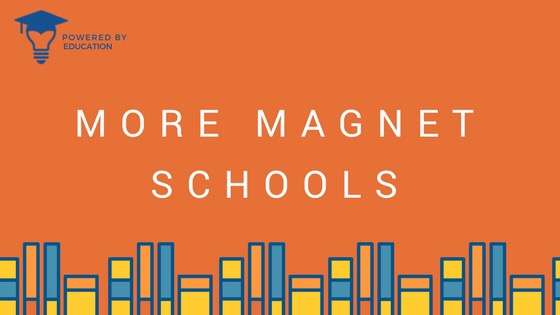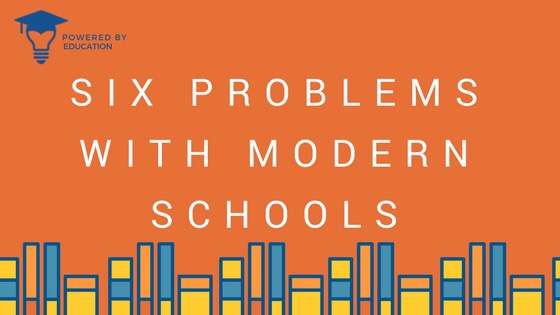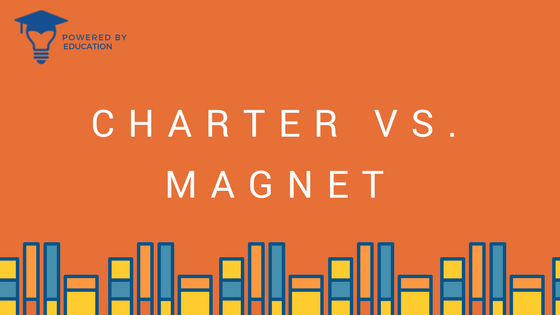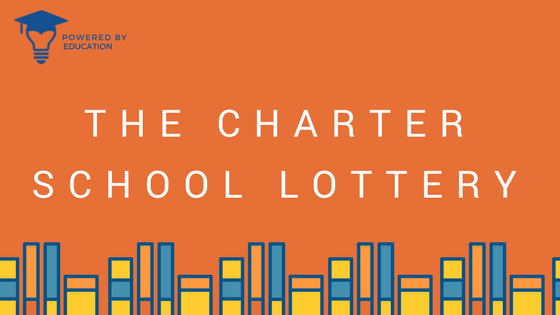You have more options than you may think…
Brick & Mortar Public Schools
Compulsory Attendance
Your child’s age is your first indicator of his or her eligibility for beginning school. Students may start kindergarten if they turn five. A child does not have to enroll in school at age five, but must be enrolled in 1st grade if he or she is six years old. see more >
Required Documentation
Vermont school districts set the requirements for what documentation is required prior to enrolling a student in their district. To get that information, contact the district directly.
Some legal documents are required for Vermont students to attend school:
- Certified Birth Certificate / proof of identity
- Official copy of records/transcripts from the previous school the child most recently attended.
- A shot immunization record (or proof that immunization is not required for the child).
- Click here to view the immunization requirements. Proof of home address (for example, a rental agreement or tax statement)
School Fees
Paying some fees is a part of public education, though it is primarily a free education. Students are expected to supply their own basic school supplies such as paper, pencils, and notebooks. Each district has a list of approved expenditures for students. Fee waiver forms can be requested from the school if there is a situation that prevents a family from being able to pay for required materials or events.
Some typical items on that list include:
- Lunch
- Summer school
- Student parking passes (high school)
- Lost textbooks
- Late or lost library books
- Field trips
- Special class-required fees (e.g., science lab fees)
Public Charter Schools
What are Charter Schools?
Charter Schools are tuition-free public schools operated by independent, non-profit governing bodies.
Parents, teachers, and community leaders sign a “charter” or contract with a school district or state agency to create a charter school and give students more educational options than their assigned school. Charter schools have flexibility over classroom hours, curriculum, and employment policies, but are subject to periodic reviews based on student performance. In Alabama, public charter school students are measured against the same academic standards as students in other public schools. Local boards of education monitor the academic and financial performance of charter schools, and, can revoke or refuse to renew a school’s charter.
Vermont Charter Schools
As of June 2016, Vermont had not enacted charter school legislation.
Virtual Public Schools
Before the 2016-17 school year, each local board of education adopted a policy providing at a minimum, a virtual education option for eligible students in Grades 9 – 12, inclusive, beginning with that school year. Most have programs available for students 8-12 grade. Check your local school district for details.
Vermont Virtual Learning Cooperative
phone: (802) 885-8331
grades: K-12
Private Schools
What makes a school “private”?
Private schools charge tuition, and many have a religious mission. Some private schools offer families assistance to make tuition payments. Click below for the complete list of over 300 private schools across the state.
Private School Review offers free, detailed information on U.S. private schools combined with useful community data (e.g., housing costs) and maps of the surrounding areas.
*Information on non-public school admission requirements should be obtained from the school directly.
Scholarships
For families who currently want to consider private school options in Vermont, there are a few programs and organizations that provide vouchers and scholarships! For information on eligibility requirements and which schools participate in scholarship programs visit Town Tuitioning Program.
Educational Choice Programs
In 2013 Vermont enacted the Alabama Accountability Act. This act ensures that grants can be made by a scholarship granting organization to cover all or part of a child’s education, so they can have an education that benefits their individual learning needs
Vermont has a Refundable Tax Credit Program that was launched in 2013. This differs from traditional tax programs, because refundable tax credits have more utility for parents of more modest incomes.
For more information on policy change or to get involved in the school choice movement in Indiana visit EdChoice.
Private Virtual Schools
George Washington University Online High School is an online college preparatory academy for motivated students who are willing to be challenged to become the best students and persons they can be. Combining award-winning curriculum with small class sizes and intensive college counseling, students receive a flexible, individualized education attuned to their own needs and goals.
International Academy is a K12, Inc accredited, online private school for grades K–12. Students earn a U.S. high school diploma while using award-winning K¹² curriculum
They offer extensive, individualized academic and counseling support keep students on track. The flexibility allows students to explore their passions. Full-time and part-time options are available.
International Connections Academy is a fully-accredited, online, college preparatory private school serving K–12 students worldwide. The program combines a top-rated curriculum with talented teachers, cutting-edge technology, the flexibility to learn at home, and direct family involvement to ensure each student realizes his or her full potential.
The Keystone School offers flexible education programs for high school and middle school students. Whether your student wants to study full-time or just needs individual classes, they offer more than 170 courses from credit recovery to world languages and AP. Students can enroll at any time.
Home Education
Your options
In Vermont, parents have the option to educating their children at home. Parents in Vermont may choose to homeschool their own children in grades K – 12. The Vermont Department of Education requires parents to submit an annual Homeschool Statute.
Dual Enrollment
College Credit
Dual enrollment allows students to receive both high school and college credit for certain career/technical education courses taken through an institution while enrolled in high school. State has two programs. The Dual Enrollment program includes college courses offered on the campus of an accredited postsecondary institution and on a secondary school campus, and may include online courses.
A secondary technical student may be enrolled in postsecondary technical courses if the enrollment is accepted by the postsecondary institution and approved by the district of residence as being in the student’s best interests.
Course Fees
An eligible student may enroll in up to 2 dual enrollment courses for which the student/parent are not required to pay tuition. Once district has paid for two courses, student/parent is responsible for tuition. A school district may choose to pay for more than two courses per eligible student, but the state will not pay 50% of tuition for those additional courses.
More about Magnet
Today Magnet Schools of America released a study showing [...]
The Foundation for Blended and Online Learning
In January, K12, INC. announced the launch of The [...]
Six Problems with Modern Schools
The modern school system was created during the Industrial [...]
Charter vs. Magnet
Today, we answer the age old question... what is [...]
Charter School Lottery: Explained
Many question how charter schools choose which students attend [...]




